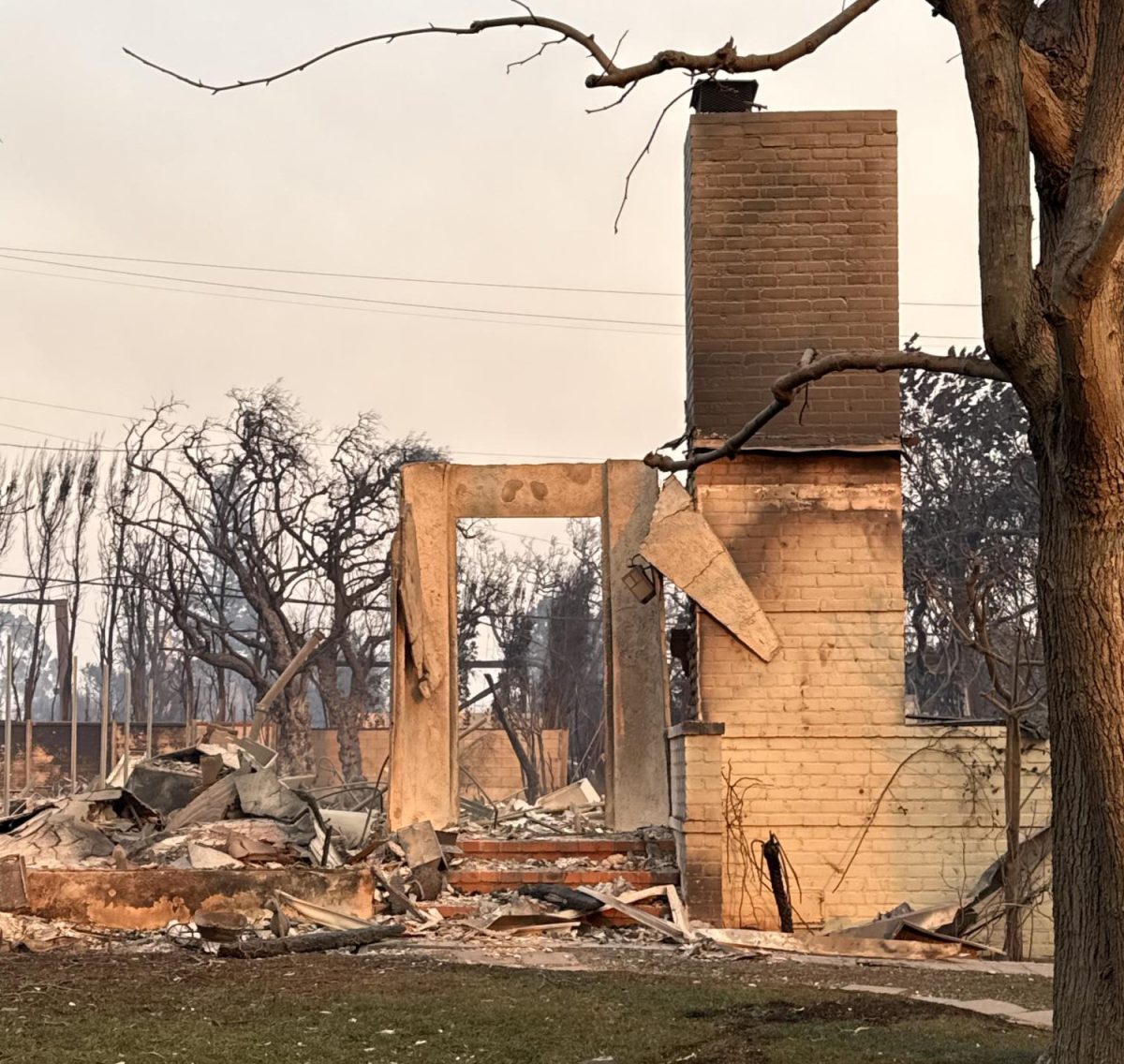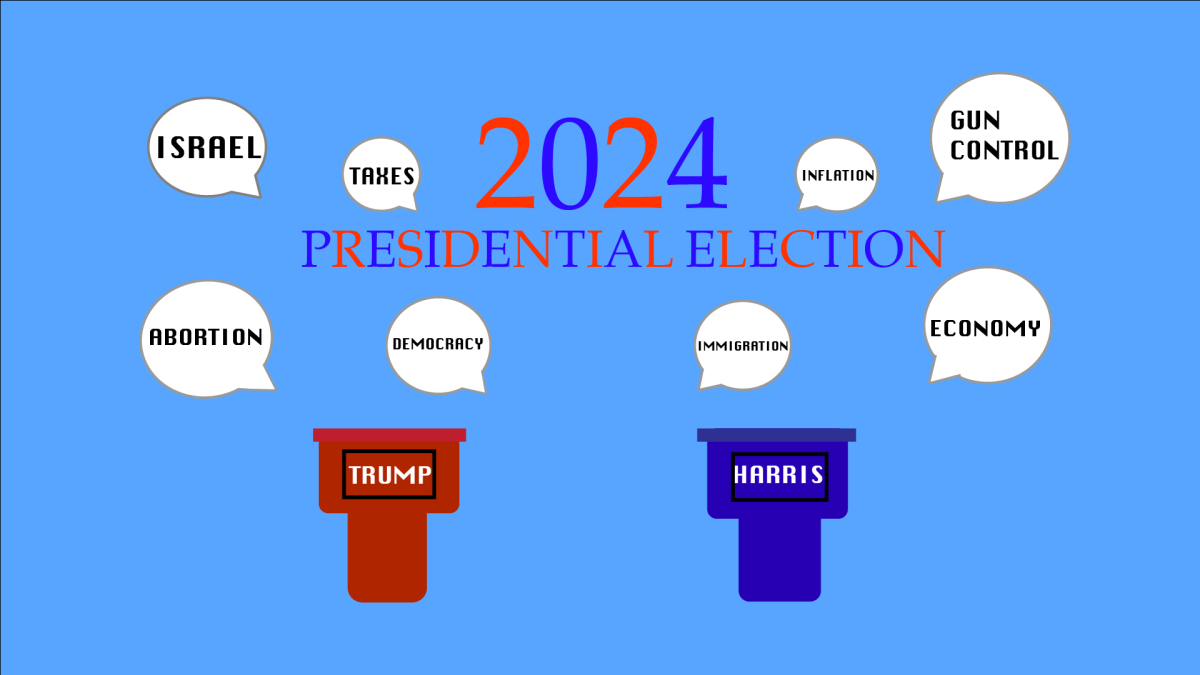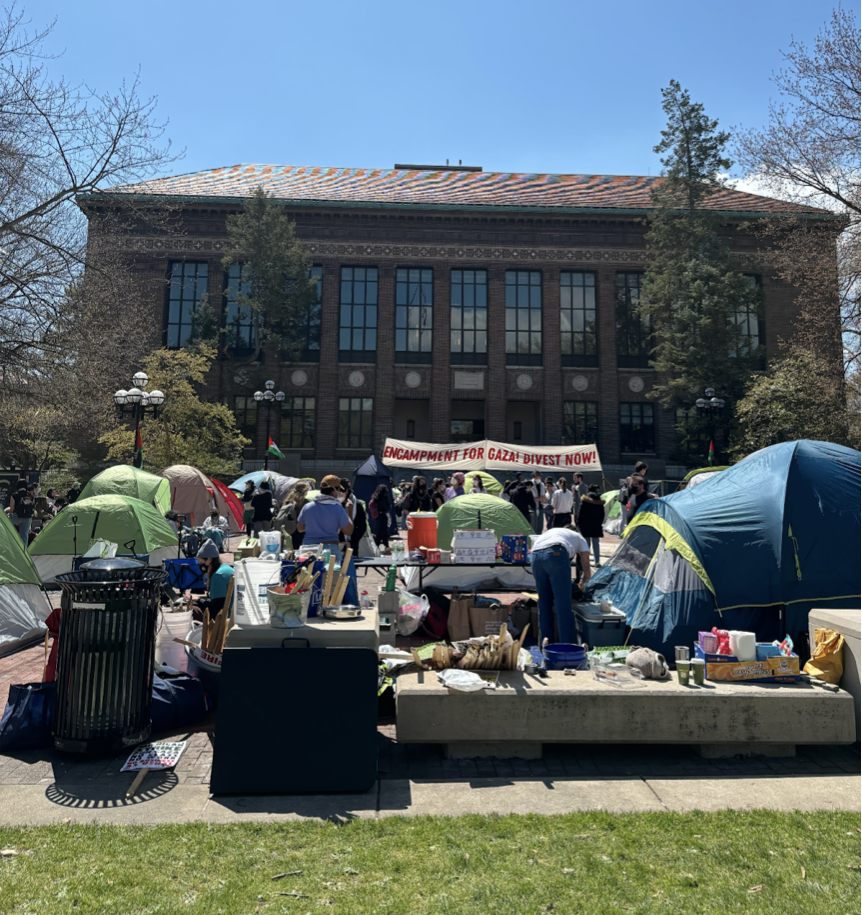In a worldwide race to increase the use of technology in schools, South Korea has taken the initiative to digitalize every classroom in the country by 2015.
Over the summer, South Korea’s Ministry of Education, Science and Technology announced that by 2015, all schools in South Korea would be paperless, as part of its “Smart Education” plan. (http://english.mest.go.kr/enMain.do) The country already has the highest internet usage in Asia, with 81 percent of households having access, and U.S. web hosting company Akamai has said that South Korea has the fastest internet connection.
Other countries are also getting on board. The news website Huffington Post reports that France, Singapore, and Japan are all racing to introduce digital technology into classrooms, though South Korea is the only country that announced a deadline for the entire country.
Shalhevet may be a few years behind South Korea, but it is on the same track as many schools in the U.S. In the next few years, students will be seeing more technology come into classrooms as part of a plan to become a “21st-century school.”
According to science teacher and Director of Technology Mr. Yossie Frankel, Shalhevet plans on eventually having a “1-to-1” digital environment, meaning every person would have some sort of digital device.
“I believe beyond a shadow of a doubt that making a transition to a more digital environment is beneficial,” Mr. Frankel said. “Why should students carry a 50-pound backpack when they can hold a digital device that has everything?”
S
outh Korea’s Education Ministry said it plans to have all its elementary school learning material digitized by 2014, and high school materials by 2015. In addition to books, all handouts and quizzes that come with a textbook will also be digitized.
The country also plans to hold all nationwide academic exams online.
As for equipment, the ministry has said that the government plans on providing free tablets for students from low-income families. Others will be able to buy whatever their school decides to use.
Shalhevet, too, hopes to eventually introduce digital devices to the classrooms for each student. But first it’s preparing the teachers.
“In order to have a digital school, teachers need to be able to teach a digital classroom,” Mr. Frankel said. “Even if money wasn’t a problem, we would not be ready to switch to digital teaching unless the teachers were ready.”
Last year, all teachers were given small black laptops called “netbooks,” to help start the transition. There were training sessions for the machines, and this year the school has switched to Google Apps so more information can be shared online.
Four more classrooms have projectors this year – meaning they can project internet or other computer images onto their white boards – and some teachers have learned to use “clickers” for students to answer questions during discussions or on quizzes.
For the school to be fully digital, teachers would need to be able to computerize all their handouts and material, he said. Many teachers are already doing some of these things through Edline.
If the school does go digital, one option would be to include the cost of a device like a netbook in the tuition, which Mr. Frankel said would add an extra $125 a year or so. Alternatively, they could to bring in their own devices.
M
eanwhile though, students may not be aware of some of the technology already here.
Last year, Mr. Frankel had to block videos because they took up to much space and would ruin the server for the entire school. In a few weeks, he said, there will be separate bandwidths for the students and the school. Students will then be allowed to stream videos because if they clog up the server, it would only affect other students.
Also, Shalhevet already has a “cloud server” – a server that lives on the internet– allowing different students to work on the same document in a different place and see what the other person is adding. Mr. Frankel taught the ninth grade to use the cloud server last year, and he plans on teaching this year’s ninth grade as well as anyone else who is interested.
“It’s really helpful,” said current sophomore Sharona Sedighim, “especially if you are working at home and at school or on a project with many people.”
As Shalhevet makes these changes, other schools in America are working on the same transition.
Schools around the U.S. have started using computer tablets such as the Apple iPad to download the digital version of textbooks. New York City Public Schools have ordered over 2,000 iPads, and 200 Chicago schools applied for iPad grants. In Virginia, the Department of Education is planning a $150,000 iPad initiative that will replace history textbooks in public schools throughout the state.
Last year in California, textbook manufacturer Houghton Mifflin Harcourt conducted a trial to test the advantages of interactive textbooks. The company donated 400 iPads equipped with an Algebra I application, to schools in the Long Beach, Fresno, Riverside, and San Francisco school districts.
Randomly selected eighth grade students were given the iPad application instead of the regular textbook. It then posted articles tracking students’ progress throughout the year on its website.
http://tinyurl.com/HMH-algebra-application
According to the Long Beach Gazette, teachers of the Algebra classes did not see a difference in the grades of the students with the iPad textbook. However, the teachers did say that the students enjoyed the videos and practice tests. The program won an award and will now be expanded, along with a similar program in Texas.
C
loser to home, this year Pressman Academy is requiring all incoming sixth-graders to purchase iPads for note-taking in class and other uses.
“Students may share information from the internet with their teacher and one another during a class period, or they may engage in digital conversations with students from another country in a language native to that other country,” Dr. Jill Linder, Pressman Academy’s middle school principal, wrote in an email.
She said it’s possible that the school will move towards digital textbooks soon.
Shalhevet’s use of digital textbooks is getting started as well (see related story, right). For now though, South Korea is still firmly in the lead, articulating as national policy what most students, administrators and teachers seem to intuitively know.
“The fields of education, science and technology are the key to the future of our nation,” the Ministry of Education, Science and Technology wrote on their website.







